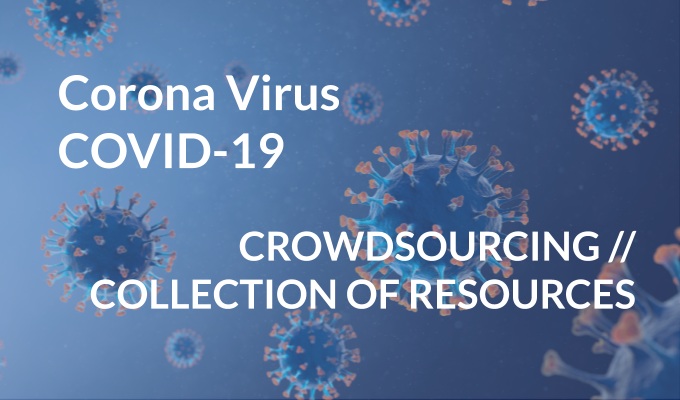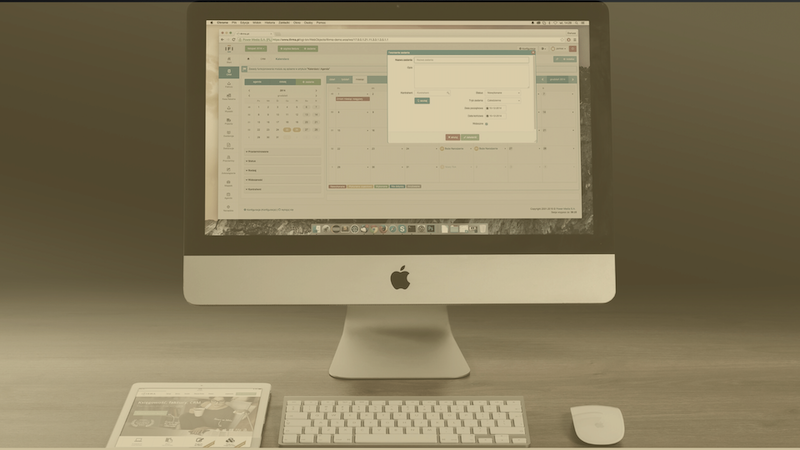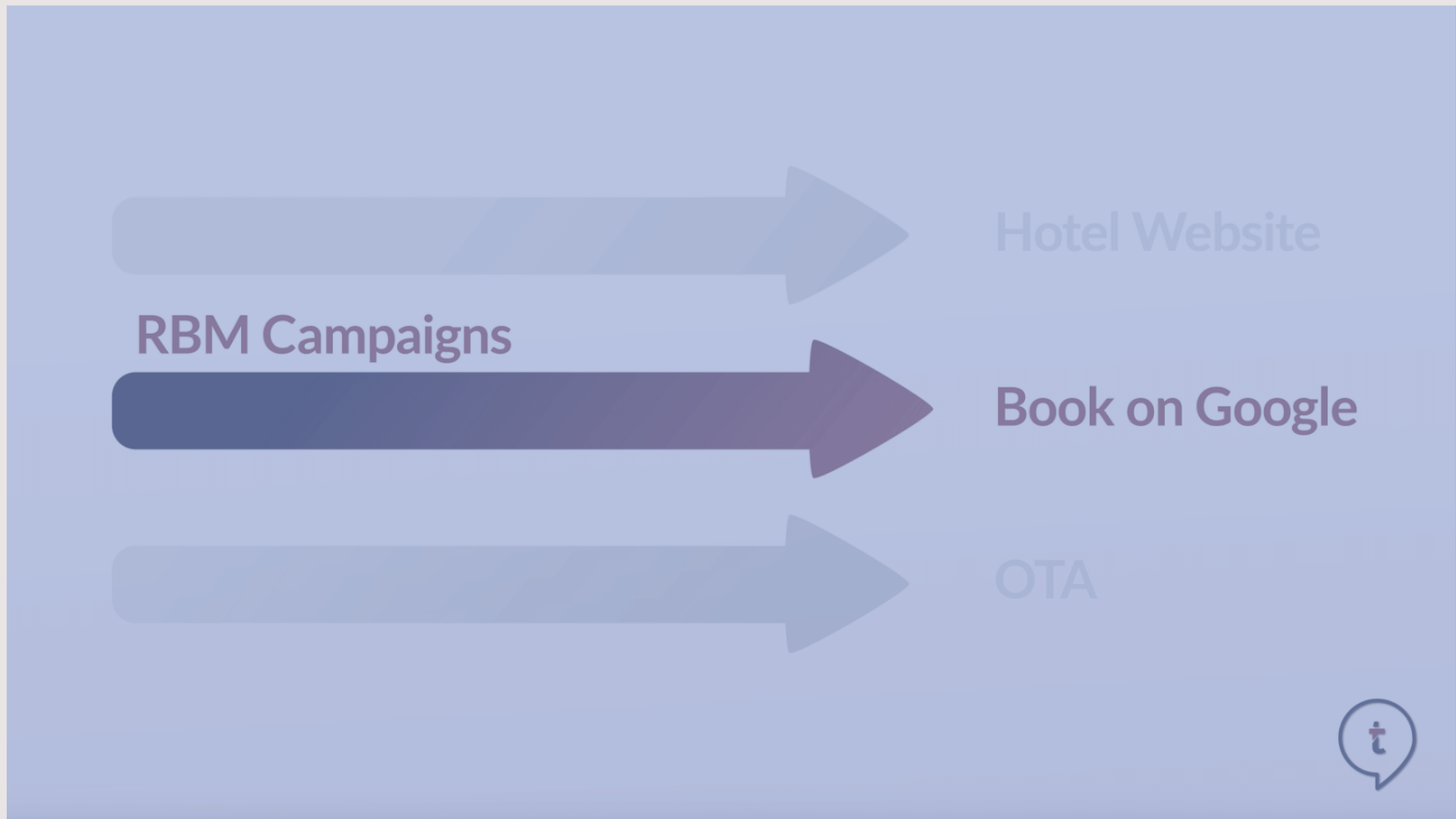Why the Future of Hospitality Payments is Integrated | By Sven Maas. Planet
It’s no secret that the hospitality industry lags behind when it comes to technological advancement.
In the case of hotel payments, four percent of a hotel’s revenue is lost due to no-show guests. And additionally, eight to twelve hours are wasted every week on manual reconciliation (Planet study, 2021). Not only that - failing to advance your payment system could lead to fraud, non-PCI compliance penalties, and a poor guest experience.
Adopting an integrated payment system offers a more efficient, secure, and customer-friendly payment experience. But how does an integrated payment system work, and what are the pros and cons?

What are integrated payment systems, and how do they work?
An integrated payment system is a payment processing solution. But what sets it apart from traditional payments is being able to link it to your existing technology ecosystem, including your property management system (PMS), point of sale (POS), and more.
For example, when a guest checks into a hotel, the front desk staff can enter the guest's payment information into the PMS and process the payment. Then, when the guest makes purchases at the hotel's restaurant or spa, the POS system can automatically retrieve their payment information from the PMS.
This connectivity enables real-time data exchange and automation of payment processes, removing the need for unreliable, time-consuming manual data entry.
Integrated payment systems also allow you to securely accept multiple payment methods, update transaction data automatically, and provide advanced security features. The results? A better guest experience and a lighter workload for your staff.
Nine Reasons Hotels are Turning to Integrated Payment Systems
Integrated payment systems are an attractive option for hoteliers for a multitude of reasons, including:
Seamless connection with your tech stack
Integrated payment systems are connected to other systems, such as the hotel's property management system (PMS) and point of sale (POS) system. This helps hotels achieve a seamless connection between payment processing and other hotel operations.
Faster transaction processing
An integrated payment system allows for automatic transaction processing, reducing the time and effort required to process payments manually. This can help hotels save time and money on payment processing and improve their overall operational efficiency. It also eliminates the need to manually enter payment information, reducing the likelihood of human error and guest waiting times.
Unified payment data aggregation
Integrated payment systems help hotels aggregate payment data from all branches of the property, including restaurants, spas, bars, and other ancillary revenue streams.
Enhanced reporting and analysis
Integrated payment systems consolidate all transaction data into a single platform, making it easier to generate financial reports and analyse business performance. This helps you make better-informed decisions for your business.
Better customer experience
An integrated payment system can provide a much better guest experience. It allows guests to pay for their stay or any other services using various pre-saved payment methods. They’ll also be able to provide payment details at booking and spend freely in the hotel. Payments are processed as top-ups, for example, if they want to upgrade their room or get a drink at the bar. This can help enhance guest satisfaction and loyalty.
Improved security
Integrated payment systems often come with advanced security features, such as Point-to-Point Encryption (P2PE) and tokenisation, which protect sensitive customer data during the transaction process.
Happier workforce
What is a hotel without its workforce? With high employee turnover rates, rising costs, and increased workloads, streamlining the working day and managing employee stress should be a priority. Integrated payment technology can increase staff happiness and productivity by decreasing workload.

Automated accounting
An integrated payment system can automate accounting processes, such as reconciling accounts and generating reports, reducing the time and effort required for manual accounting. Balancing transactions with your point of sale or PMS means you can quickly spot discrepancies.
In fact, according to a study on global hospitality distribution trends from h2c GmbH report, in partnership with Planet, 71% of hoteliers agree that integrating payments and PMS eases end-of-day reconciliation.
Time saved
According to the h2c GmbH report, 76% of hoteliers say that integrated payment systems save them time on manual tasks and reconciliations. Seventy-three percent also say that it saves their guests time and simplifies the payments process.
Increase revenue
An integrated payment system helps you grow new or additional revenue. It can do this in three ways:
- Reducing lost revenue: Integrated payments help securely capture and store payment details so that you don't lose revenue when a no-show and cancellation occurs.
- Diversifying revenue streams: Some integrated payment systems give you a currency conversion feature, meaning guests can pay in their preferred currency.
- Saving time: With the time saved from manual processes, you can focus energy where it matters most.
Integrated Payment Flows and Channels
Integrated payments involve various payment flows and channels depending on the specific payment method and the payment processor being used. Here are some examples:
Pre-authorisation
Integrated payment systems can automate the pre-authorisation process, allowing you to secure a guest’s reservation and cover any incidental expenses during their stay without the need for manual intervention.
Automated deposit collection
Integrated payment systems can be used to automate the collection of deposits or down payments, reducing the need for manual processing and improving cash flow.
Integrated pay-by-link
Pay-by-link systems can be integrated with a business's existing property management system, making it easier to send secure payment links to customers and process payments automatically, with everything updated in the PMS.
DCC at check-in
Integrated payment systems can provide real-time currency conversion rates and offer Dynamic Currency Conversion (DCC) at the point of sale or check-in. This means guests can pay in their currency of choice, and hoteliers can earn revenue on every transaction.
Tokenisation
With the importance of protecting guests’ sensitive card data and PCI DSS compliance, integrated payment systems securely store customer payment information using tokenisation.
This allows you to substitute payment card data with a unique identifier or ‘token’. Guest details are immediately encrypted and transmitted for processing, tokenisation, and storage in a PCI Level 1 hosted environment.
Tokenisation makes it easy for you to store guest card details. This means you can securely use their card details to charge for additional or late fees.

Automated no-show/cancellation fees
Integrated payment systems can automate the collection of no-show and cancellation fees, reducing the need for manual processing and improving cash flow.
Express check-out
Integrated payment systems can be used to enable express check-out using mobile apps or kiosks. This can help improve customer convenience and satisfaction, reduce wait times, and improve the overall check-out process.
How do Integrated Payment Systems Interact with Hotel Operational Technologies?
One of the best parts of using an integrated payment system is the interconnectivity it allows. Here are four systems integrated payment systems can connect with:
Booking engines
A booking engine is an online platform that allows guests to make reservations directly through the hotel’s website or mobile app. It allows guests to check room availability, view room types and rates, and make secure online reservations.
When integrated payments are used with a booking engine, the payment gateway securely processes transactions in real-time. This ensures that payment information is captured accurately and securely while providing guests with an efficient and convenient experience.
Property management systems (PMS)
A property management system (PMS) is a software solution that helps hotels manage various aspects of their operations, such as room inventory, guest reservations, billing, and reporting.
Integrated payments work with a PMS to automate the payment process for various transactions, such as:
- Room bookings and deposits
- Upgrades and add-ons
- Incidentals and other charges
- Auto-collection of no-shows and cancellation fees
This integration means that financial data is updated in real-time, eliminating manual data entry.
Point of sale (POS) systems
POS systems are used in various hotel outlets, such as restaurants, bars, gift shops, and spas, to process payments for goods and services.
Integrated payment systems work with POS terminals to streamline payment processing by:
- Accepting multiple payment methods (credit cards, debit cards, mobile wallets, etc.)
- Automatically updating transaction data in the hotel's accounting system
- Reducing wait times for guests by enabling faster transaction processing and table turnaround time
- Facilitating richer guest experiences at the bar with Pay at Bar and at the restaurant with Pay at Table
- Enhancing security with features such as tokenisation and encryption
Channel managers
Channel managers are tools hotels, bed and breakfasts, and other accommodation providers use to manage their inventory and rates across various online travel agencies (OTAs) and booking platforms.
Integrated payment systems work with channel managers in the following ways:
- Centralised reservation and payment processing: An integrated payment system captures payment information and reservation details when a booking is made through an OTA or booking platform.
- Real-time payment and reservation updates: Integrated payment systems can automatically update reservation and payment data in the hotel's PMS or booking engine. This real-time synchronisation ensures that all systems have up-to-date information, reducing the risk of overbooking or payment discrepancies.
- Consistent payment experience: By integrating payment systems with channel managers, hotels can offer a consistent payment experience across all booking channels, no matter the payment method.
- Simplified reconciliation and reporting: Integrated payment systems simplify the reconciliation process by consolidating payment data from all booking channels in one platform. This makes it easier to generate financial reports, track revenue, and analyse the performance of different channels.

Methods of payment for guests
Hotels using integrated payment systems can offer a variety of payment methods to their guests. Some examples of integrated payment methods in hotels include:
Credit and debit cards
Hotels can accept major credit and debit cards (Visa, MasterCard, American Express, Discover, etc.) through integrated payment terminals connected to their PMS and POS systems.
Mobile wallets
Hotels can accept mobile wallet payments, such as Apple Pay, Google Pay, and Samsung Pay, and Chinese wallets, such as Alipay and We Chat Pay, offering guests a contactless payment option using their smartphones or smartwatches.
Contactless cards
Integrated payment systems often support contactless card payments, which enable guests to simply tap their contactless-enabled credit or debit cards on the payment terminal to complete the transaction.
Online payments
Hotels can provide guests the option to make payments online, either through their website or a mobile app, using integrated payment gateways. This is particularly useful for bookings, deposits, or advance payments.
Direct bank transfers
Open Banking Standard evolution means it’s increasingly possible to streamline direct bank transfers as a payment method. Hotels benefit as transfers are widely used for larger transactions or long-term stays.
In-app payments
Hotels can develop their mobile apps with integrated payment solutions, allowing guests to make payments for room bookings, dining, spa services, and other amenities.
Digital currencies
As digital currencies like Bitcoin and Ethereum gain popularity, some hotels may choose to accept them as a form of payment. Integrating digital currency payments with the hotel's PMS/POS system can simplify the payment process and provide guests with additional payment options.
Room charges
Integrated payment systems enable guests to charge expenses like dining, spa treatments, and other services to their room, which are then automatically added to their folio for settlement at the end of their stay.
Final Thoughts
As consumer demand changes and technology advances, hotels and hospitality businesses must adapt. By implementing an integrated payment system, hotels can simplify payment processes, reduce errors and fraud, and improve cash flow.
With a wide range of payment flows and channels available, integrated payment systems can also improve customer convenience and satisfaction, reduce wait times and provide a seamless payment experience.
About the Author

SVP/GM Hospitality,
Central and Eastern Europe at Planet.
Planet is a Contributing Member at techtalk.travel
Also make sure to find these supporting content elements of the editorial Integrated Payments in Hospitality
- ARTICLE | Integrated Payments And How Hotels Can Benefit | By Jose Antonio Nunez. SCIANT.
- ARTICLE I Integrated Payment in Hospitality | By Claudia Ebbers. HRS
- PODCAST | Integrated Payments in Hospitality
- INFOGRAPHIC | Benefits of Integrated Payments vs. Non-Integrated
- VIDEO | Integrated Payments in Hospitality




![V03: The History of Hotel & Travel Technology | [Updated] Infographic](https://www.techtalk.travel/storage/app/uploads/public/63f/e6f/ec8/63fe6fec80447817849943.jpg)



Create an account to access the content.
Get access to Articles, Video's, Podcasts, Think Tanks, Infographics and more.
Click “Sign In” to accept our
Terms of Service Privacy Policy